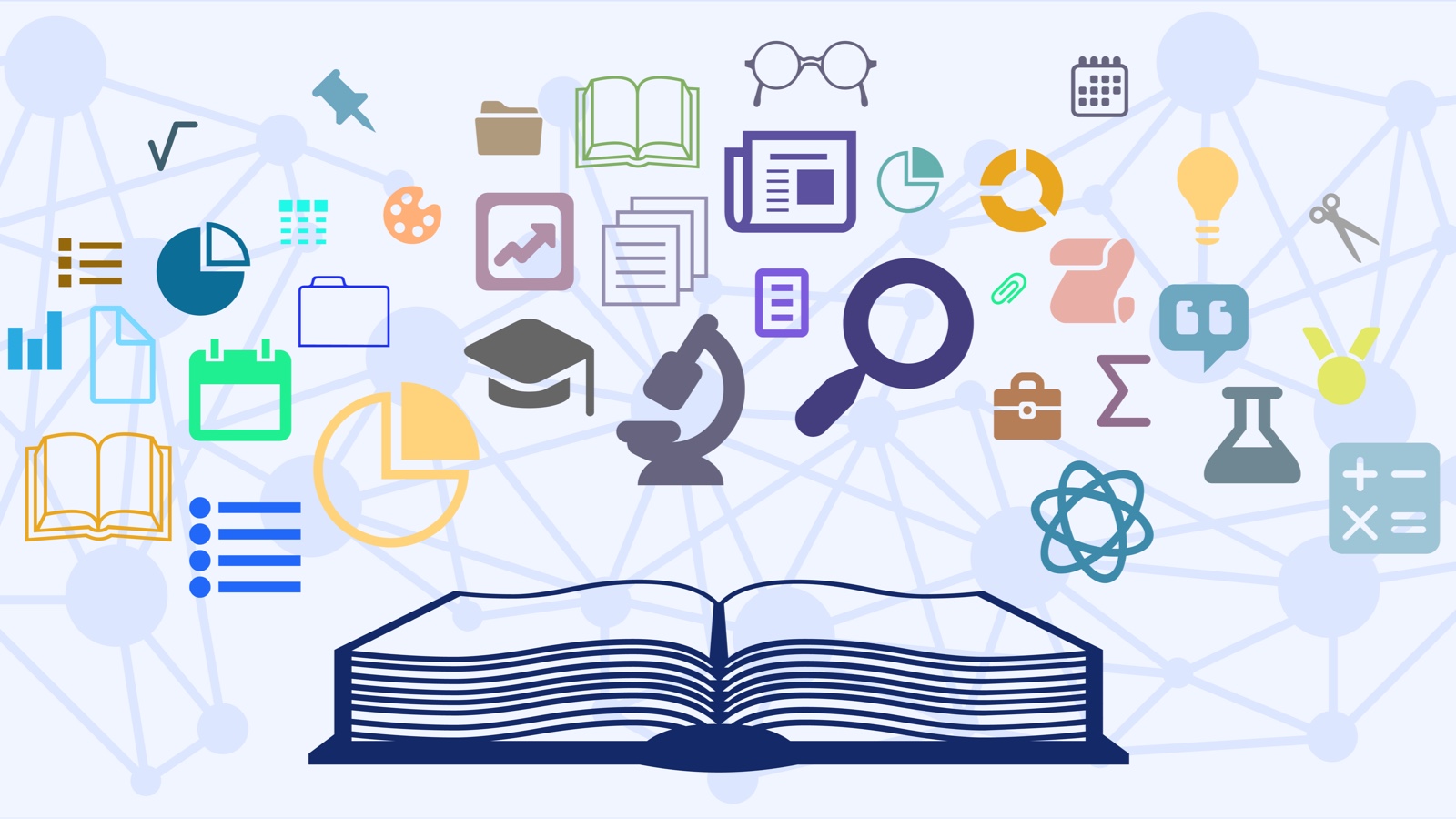Blog #1: Learning in the New Age
Hello everyone, welcome to my first blog reflection post!
As the world changes, the ideas and thoughts on education and skills are changing with it. Thinking about new skills that are needed in this changing world brings forth many questions about what an education needs to involve in classrooms today. When thinking about '21st century skills', a lot of varying ideas surprised me. To me, 21st century skills include collaboration, technology use and interpersonal skills. In a classroom today, these seem to be difficult to incorporate- why the resistance?
 |
When thinking about the importance of STEM education and the new skills needed in this evolving society, I felt confused. This confusion was not about why this is important but more on why schools of today have not evolved to teaching this way already. It has been long known that learners are agents actively engaged with the world around them and can make contributions to society, they are not fixed vessels who need to be completed (Davis et al., 2019). The education system seems to be stuck in the past, focusing on tests results, how fast learners can resight information and so many other things that contradict what 21st century skills seem to entail.
As a future teacher, I hope to create a classroom that inspires a transdisciplinary viewpoint. This view is connected to the notion that complex real-world problems require insights from more than one discipline (Davis et al., 2019). To do this, I need to understand that every learner in my classroom is unique and has differing prior knowledge and lived experiences. To teach 21st century skills to learners, it is important to note that the historical definition of education is inadequate in today's classrooms and society. I am not quite sure what this 21st century way may look like just yet. In my eyes, it is more hands-on inquiry-based learning, focused on understanding why things are being done and curriculum that is focused on students' needs and interests to prepare them for jobs in the future. We to develop a future work force of critical thinkers!
As always, I invite you back to my blog in the following weeks, feel free to leave any comments or questions!
References
Davis, B., Francis, K., & Friesen, S. (2019). STEM Education by Design Opening Horizons of Possibility. Routledge.




Comments
Post a Comment